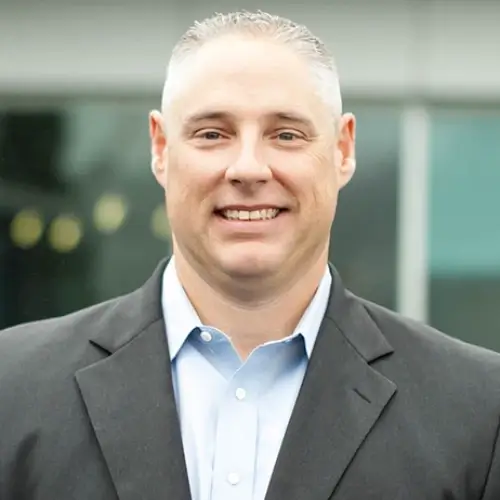
As you near retirement, you may be anxious to completely pay off your mortgage and be debt-free before your traditional income stops. In most cases, this is the best plan but there are situations when holding on to your mortgage into retirement may make more sense.
Why You Should Pay Off Your Mortgage
Being debt-free as you start retirement can make the transition to a fixed-income much smoother. Those who do not have their mortgage paid off yet sometimes have to dip into their investments to make their payments. That can result in higher taxes and less reserves for retirees.
And while mortgage interest is tax deductible for those who itemize, recent tax law changes have almost doubled the standard deduction for Americans. This means that far fewer borrowers (including retirees) will itemize and be able to capitalize on those mortgage interest tax breaks. So, holding on to a mortgage may not provide the traditional tax benefits for homeowners.
Why You Might Not Want to Pay Off Your Mortgage
If you are very close to retirement or already in retirement, paying off your mortgage when it would leave you cash-strapped is not in your best interest. Your ability to handle emergencies would be limited and you might end up having to sell your home to cover your expenses. That would defeat the whole purpose of paying off your loan early.
Plus, there may be more effective ways to use your cash. Other investments could provide better returns. This is especially true when you have a low interest rate on your mortgage loan and the payment and interest are manageable. Those who do still itemize and qualify for the mortgage interest tax breaks often find this a more profitable course.
What’s more, you may face tax penalties by pulling out money from your retirement funds and investments. Once that cash hits your bank account it could be counted as income and could bump you up into higher tax brackets and increase your tax bills. In this case, it may also be better to continue to pay off your mortgage over time.
Alternatives to Paying Off Your Mortgage
Sometimes retirees simply do not have the ability to pay off their mortgage. If you fall into this category, there are a few strategies you could use to make your mortgage less of a burden in retirement. You could refinance your loan before you retire. If you refinance into another 30-year loan, it could make the payments much lower and less of a stress on your monthly budget. And if you can get a lower interest rate, so much the better.
If you have plenty of equity but no cash or investments to realistically pay off your home loan, you could consider a reverse mortgage. Reverse mortgages pay off your existing loan and allow you to receive monthly payments or a lump sum based on the equity in your home. The reverse mortgage does not have to be repaid until you sell, move or die.
The hope for retirement is that it will be a time free of financial stress. Paying off your mortgage before retirement is ideal, but when that cannot happen, there are alternative means of reducing the stress of a mortgage and still enjoying lasting financial security.
At Archstone Home Mortgage, LLC, we are available by phone at 425-681-5865 to answer any questions that you have about this important topic and to give you the best advice for your particular situation. It might make sense for you to stay on your current course, to pay off your house, to refinance your home or to consider a reverse mortgage. Whatever you decide is best for you - we can help you.

